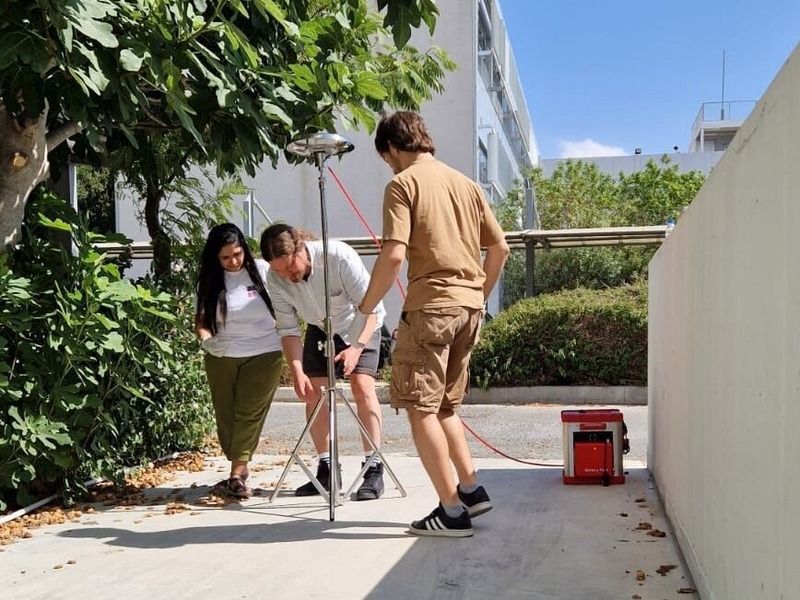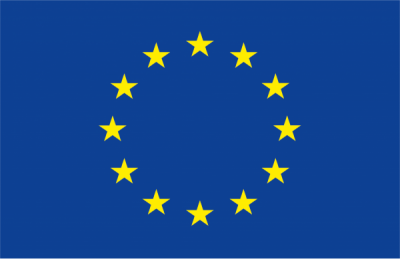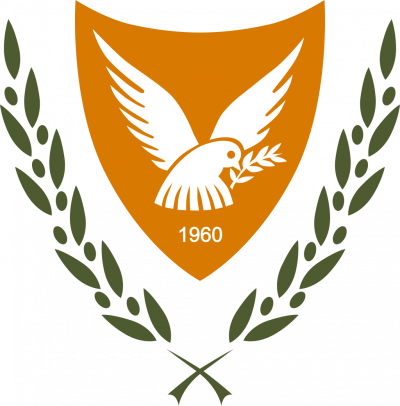
Training of CARE-C researchers on Novel Instrumentation by Karsa Oy, within the framework of EMME-CARE
Researchers at the CARE-C of The Cyprus Institute, in close collaboration with Karsa Oy, a Finnish company specializing in solutions for the detection of airborne chemicals, have undergone training on state-of-the-art instrumentation for atmospheric chemical analysis. This collaboration is part of a collective pursuit in detecting trace amounts of compounds linked to military actions, such as chemical warfare agents and explosives.
The collaboration is part of the boostf project, which aims to develop mass spectrometric (MS) systems for the detection of military activity. These systems are designed to aid in improving defense strategies and in the enforcement of chemical warfare regulations, as early detection of trace amounts of chemical warfare agents and explosives can help in preventive measurements and in the development of new policies.
To support the boost project, The Cyprus Institute was equipped with two high-sensitivity and high-resolution MS systems, the Atmospheric Pressure Ionization – Time-of-flight (APi-TOF) and the Orbitrap, both equipped with the novel Multi-scheme Chemical Ionization Inlet (MION) and a Thermal Desorption Union (TDU) developed by Karsa, designed to effectively detect atmospheric compounds at the one in one quadrillion (1 in 1015) level, analogous to identifying a drop of a liquid in 250 Olympic-sized pools.

These high levels of detection are essential for detecting trace amounts of warfare agents dispersed at great distances. That marked the completion of the 1st work package (WP) of the collaboration.
Within the context of the project, PhD students Ms. Neha Deot and Mr. Mihai Ciobanu, of the Aerosol Formation Research Group, underwent step-by-step training on the MION and the TDU systems by Paxton Juuti and Jyri Mikkilä of Karsa. During the training, exhaustive hands-on workflows were followed for modifying the MION for various applications, filter sampling and measurement procedures, and data acquisition and analysis. This hands-on experience provided the students with in-depth knowledge and technical skills that will be essential for leveraging the Center’s new capabilities.
The successful completion of this training marks an essential milestone in the boost project, equipping The Cyprus Institute with the capabilities needed to conduct sophisticated detection and analysis of airborne warfare agents and explosives. With these tools and skills now in place, the project team looks forward to advancing its contributions to regional defense strategies and supporting policies aimed at preventing the proliferation of chemical threats.
This boost project was developed within the context of the EMMECARE Horizon programme, as part of its objective to enhance the Center’s innovation capacity.







